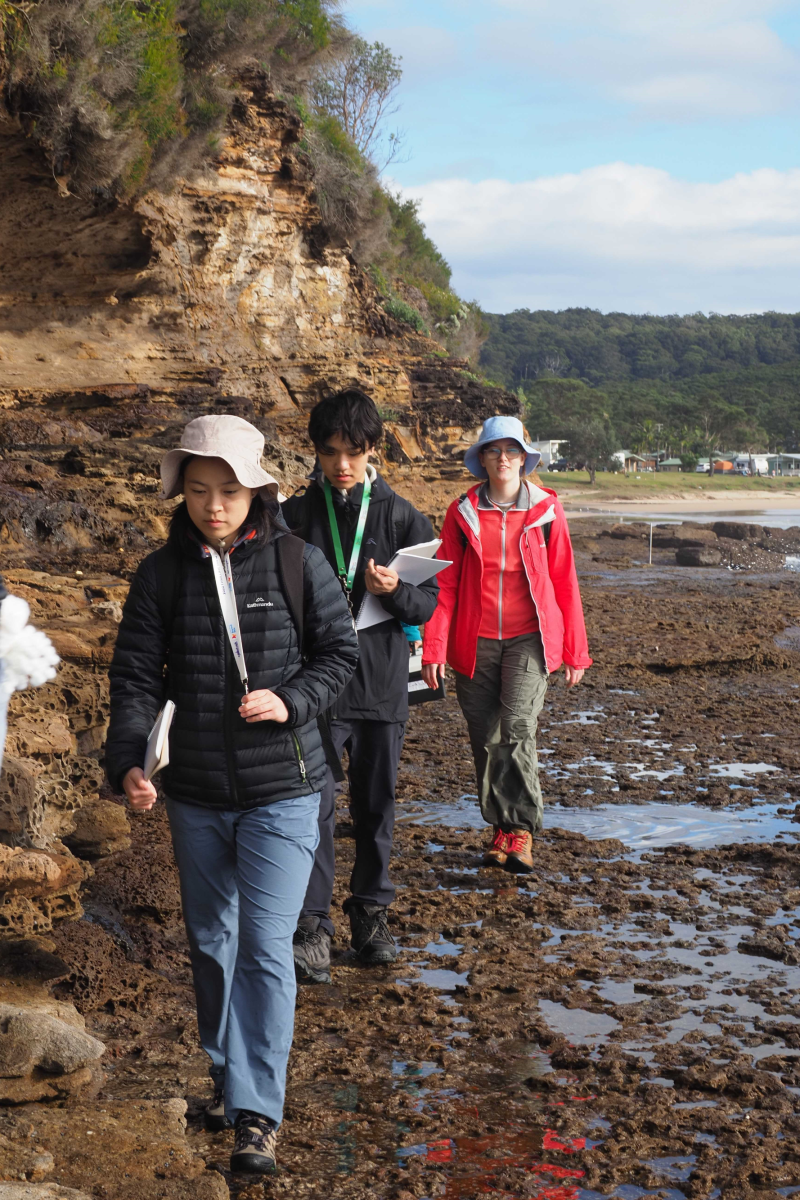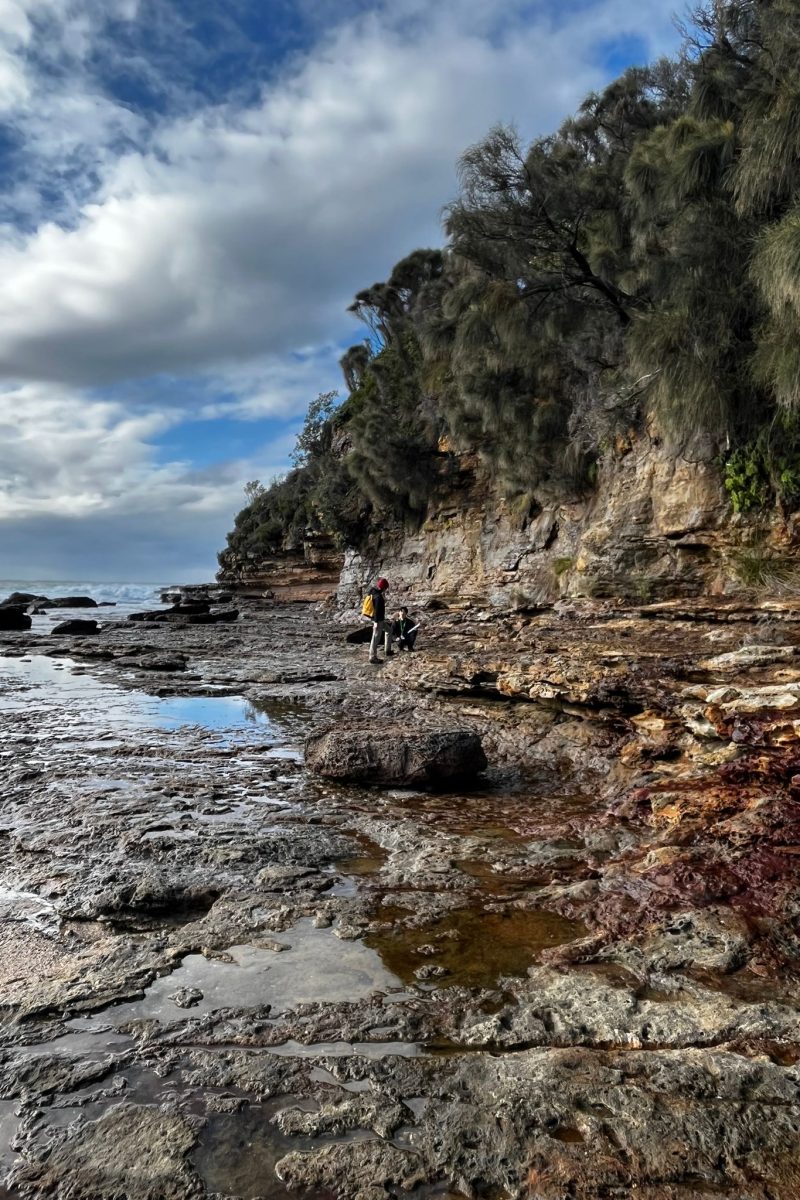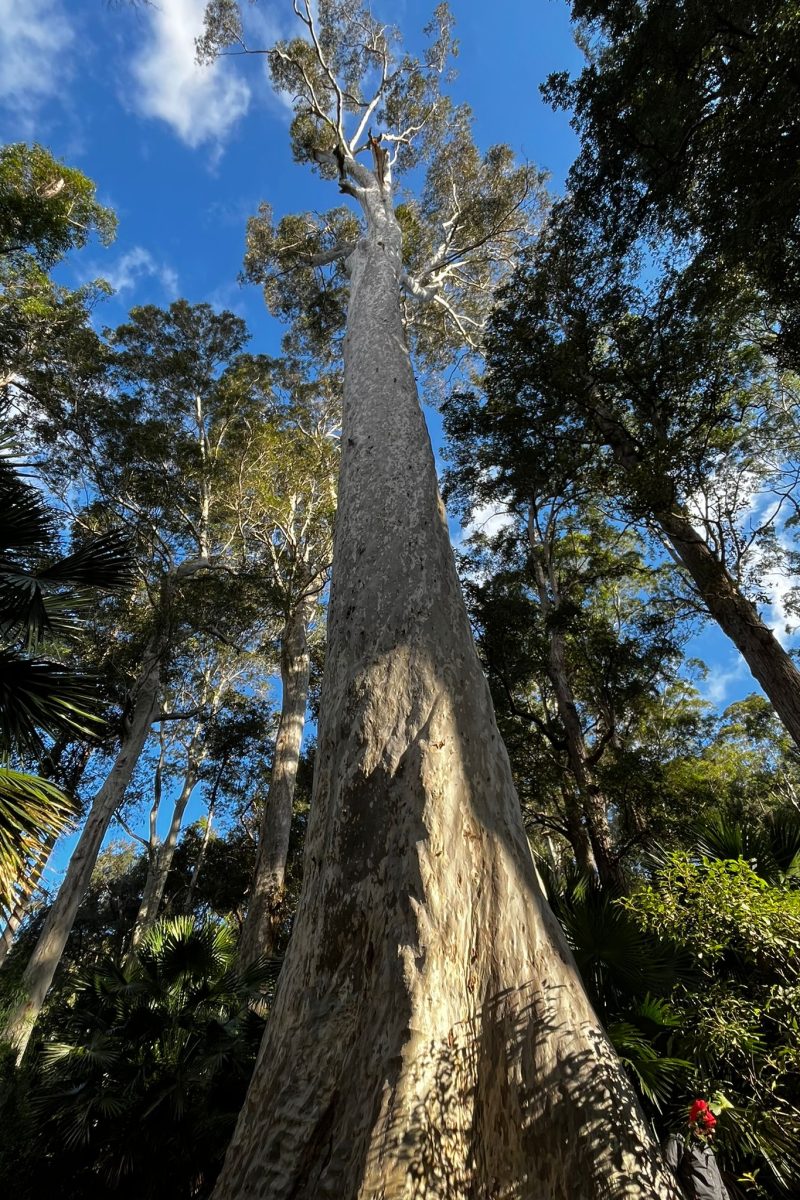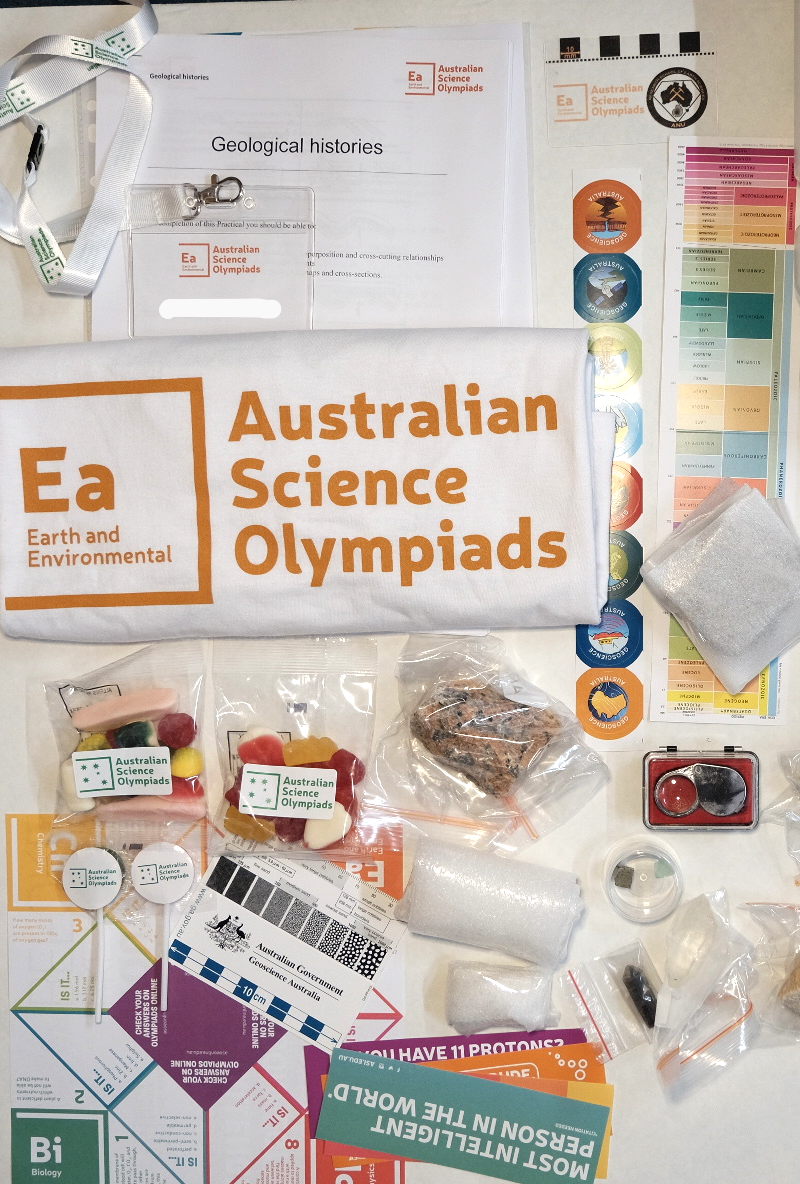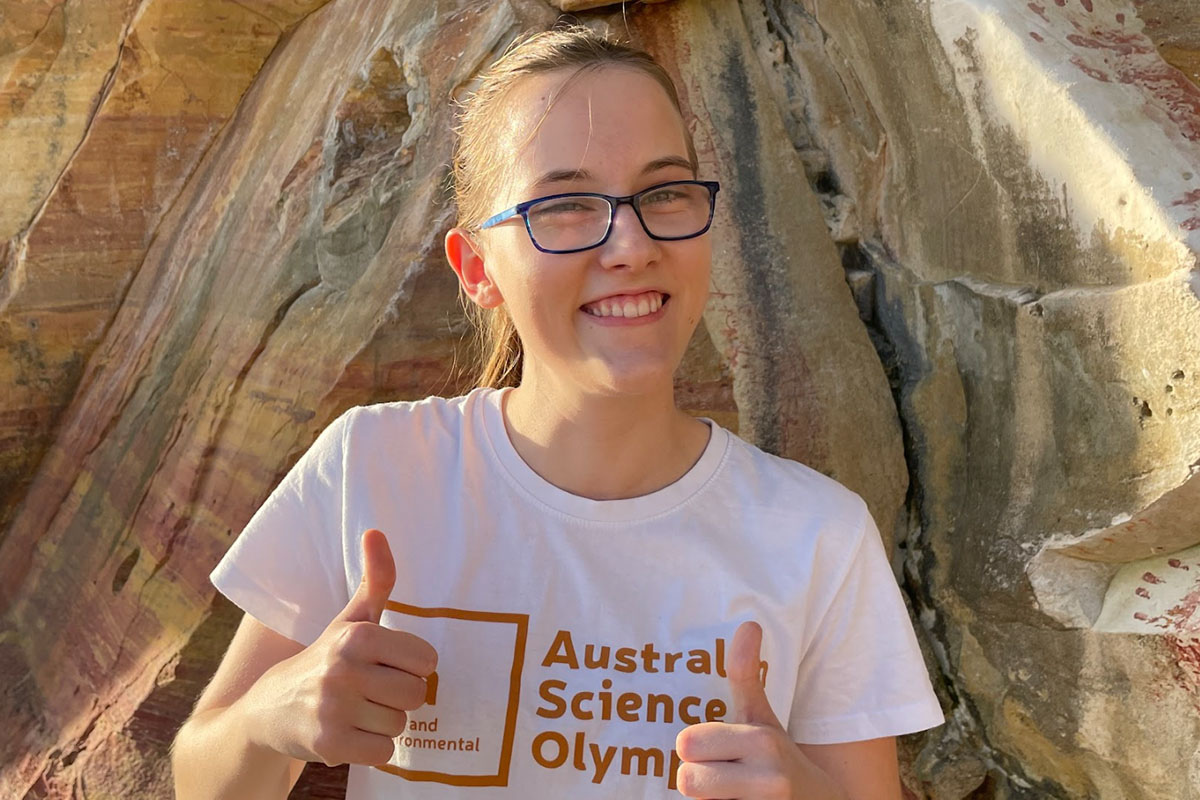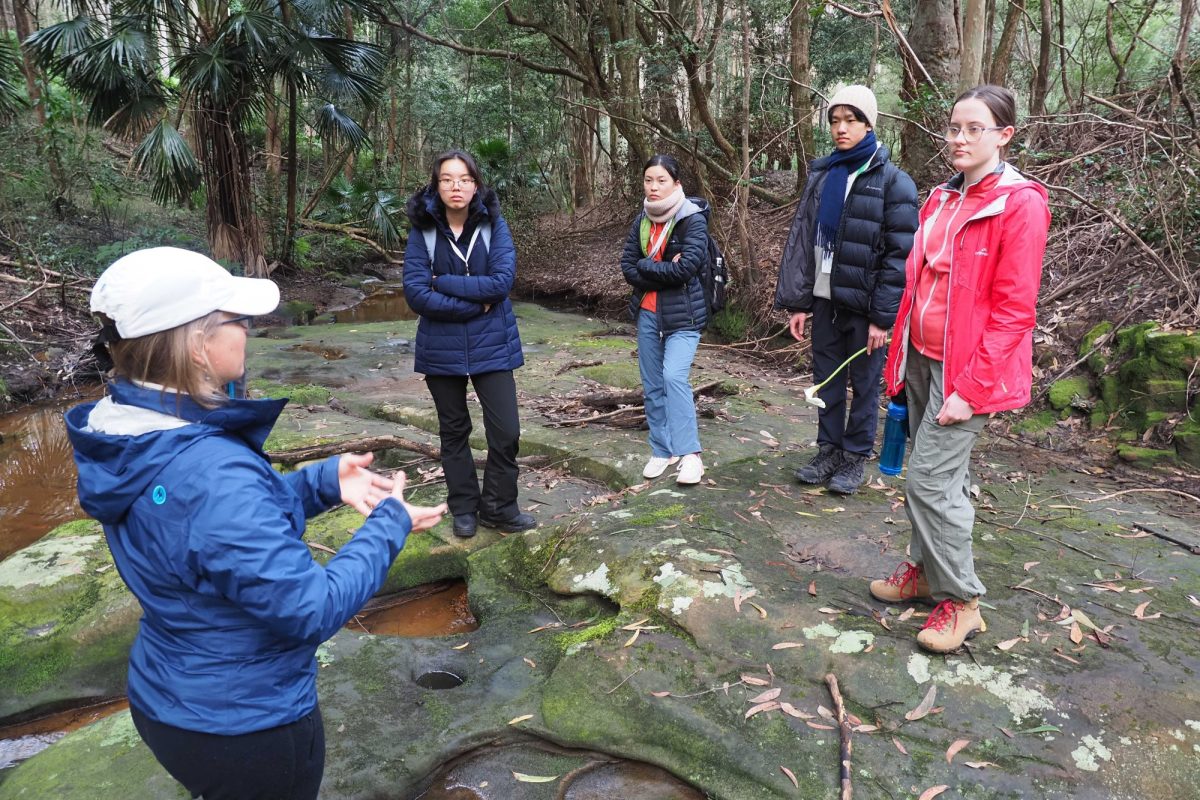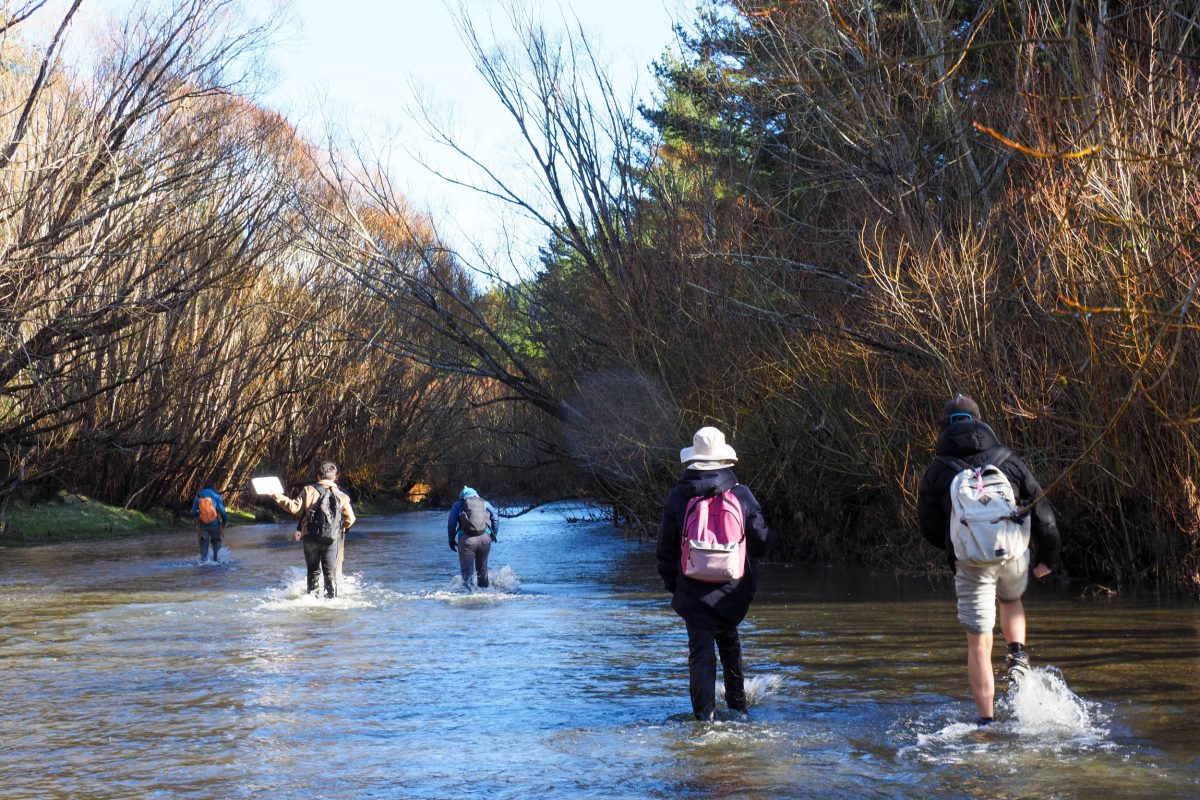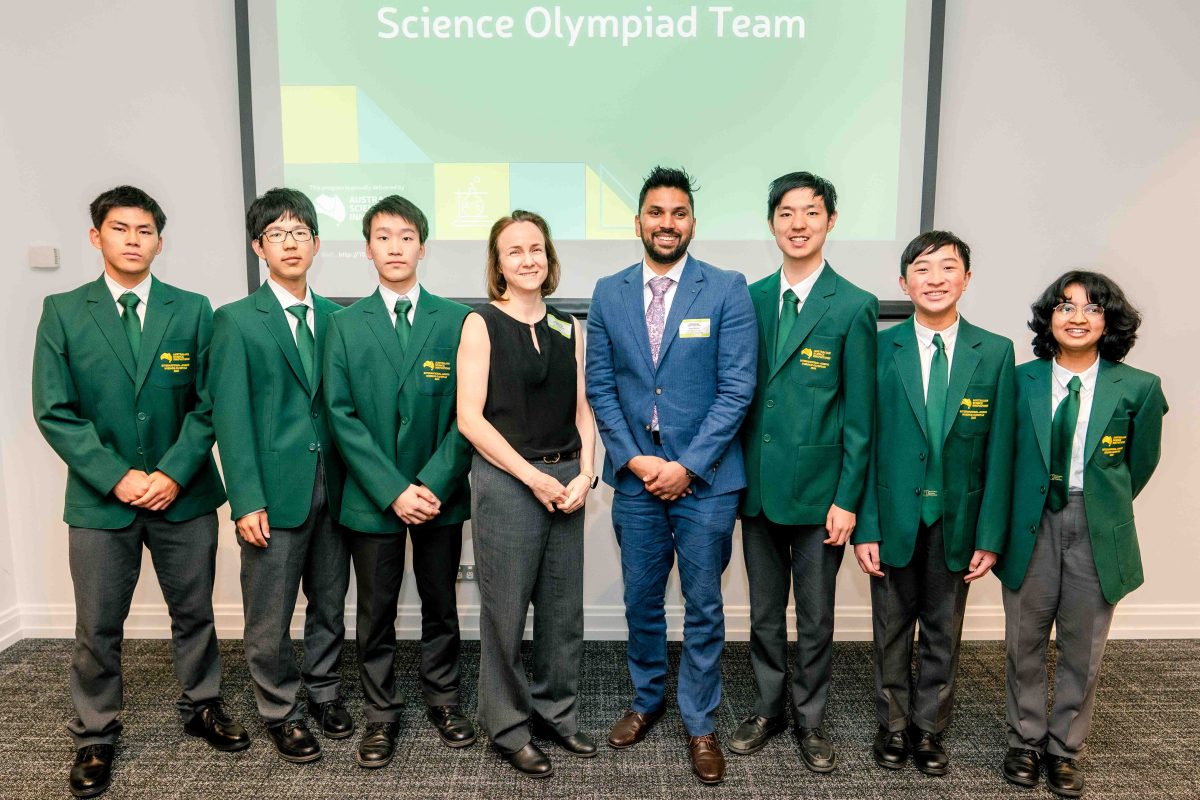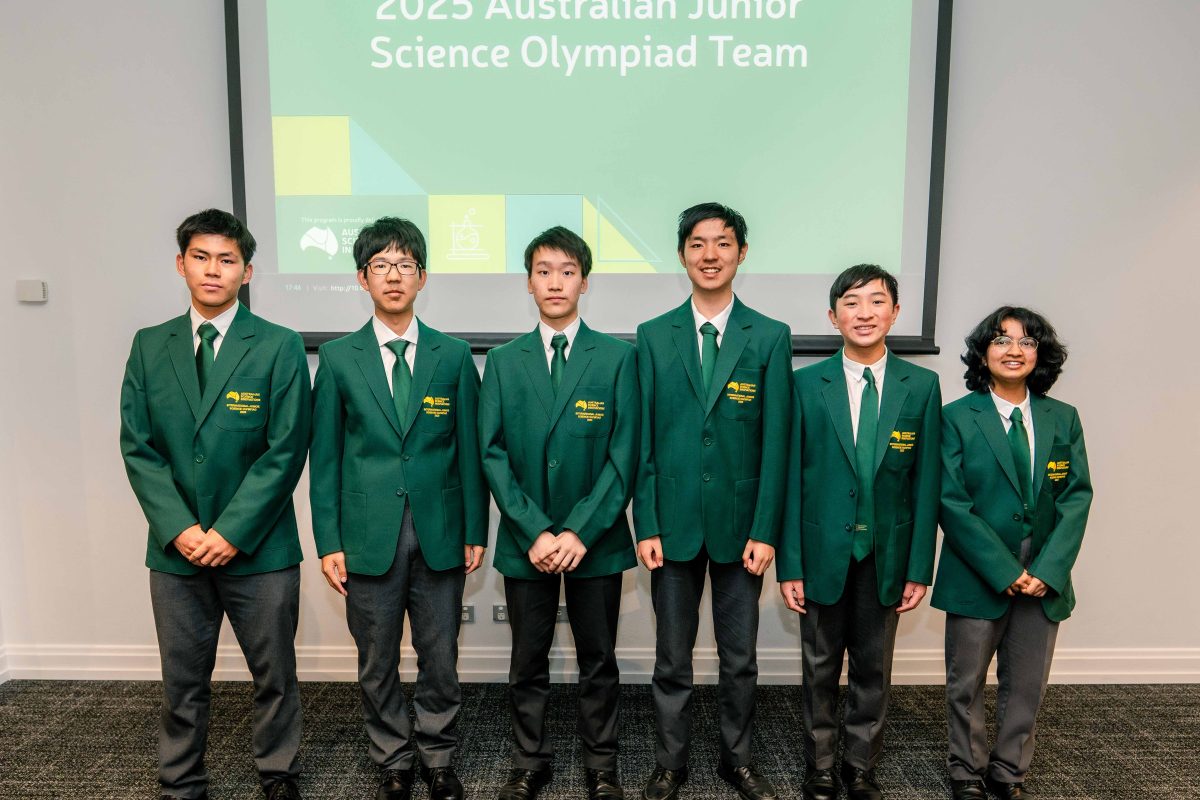Down to Earth with Olivia: Alum Giving Back to ASI
Meet Olivia, a distinguished alum of the 2021 International Earth Science Olympiad (IESO), where she earnt a silver medal. She has since been a tutor at the Australian Science Olympiad (ASO) Summer School across two years, sharing her knowledge and experience with others. Recently, Olivia has further expanded her expertise by undertaking an internship with the Australian Science Innovations (ASI) office, displaying her passion and commitment to science innovation.
In 2020, Olivia sat the ASO Exam from her school, Darwin High School in the Northern Territory. Her remarkable performance earned her an invitation to the ASO Summer School, held online due to COVID.
Olivia’s dedication, exceptional abilities and outstanding performance in subsequent qualifying exams earned her a spot on the team to represent Australia at the 2021 IESO. Although the team was unable to travel to Russia due to the pandemic, a modified virtual competition took place instead. Despite the challenges, the team triumphed, securing numerous gold and silver medals, with Olivia proudly earning a silver medal herself.
Supporting the ASO Summer Schools students as a tutor in 2023 and 2024, Olivia’s experience and expertise proved invaluable, helping the team navigate the residential school with confidence.
As Olivia reflects on the highlights from her own experience, “My favourite part of Summer School was realising that I was in a classroom with 30 other students who were just as passionate and interested in the subject as I was. The Olympiad has a great culture, and an important part of it is having fun.”
Olivia travelled to ANU’s Coastal Campus at Kioloa in July this year to accompany the 2024 IESO team and program staff. The students breathed in the fresh ocean air and absorbed as much scientific knowledge and skills as possible ahead of their own adventure overseas to compete at the IESO.
Recently, Olivia completed a second-semester internship with ASI, culminating in a report on gender strategy. Over 12 weeks, Olivia utilised her data science skills to collate and analyse data, presenting her findings on female representation in the Olympiads. She transformed thousands of data records that ASI provided into easily understandable charts.
Olivia shared her findings on gender balance in ASI programs, particularly in the Junior Science Olympiad and Olympiad programs. She investigated the percentage of female students in both Olympiad programs (exams, ASO Summer School, and JSO Spring School) over the past ten years and compared these numbers to the baseline percentage of female students in schools.
The results were fascinating, providing valuable insights for ASI to further its work on increasing female students in our programs. In addition to presenting her findings, Olivia also shared several strategies to incorporate into ASI’s strategic plans.
Her work has not only been very useful, but we have really enjoyed having Olivia in the ASI office.
Currently Olivia is studying at ANU, but she took a moment to unearth some insights about Earth and environmental science (EES).
What is EES?
Earth and Environmental Science is basically the study of Earth system interactions. You look at processes in the atmosphere, hydrosphere, geology and more, and combine knowledge from lots of different areas to solve complex problems.
What kind of things does EES cover?
EES encompasses a wide range of topics. In the Olympiad program, we covered everything from the formation of the universe to how weather systems work. We looked at geology, astronomy, atmospheric processes and water systems. My favourite topic in the program was applying knowledge of natural processes on Earth to understand images from other planets.
What do you like about EES?
I like how it helps to explain the world around me. Once you’ve learnt about geological principles, and apply them in practice, you can never look at a rock face the same way again.
What led you to do EES?
I knew very (very) little about ESS before the Olympiads program. I took the entrance exam because I had a free afternoon, and that led to a Summer School, Winter School, and international competition. Since then, I’ve come back to tutor the program two years in a row – it’s that good!
Do you think doing the EES exam was hard?
I think the exam was challenging, but not hard. You don’t need a background in Earth Science to succeed. As long as you read the questions carefully, all of the information you need is there.
What would you say to someone thinking of doing it?
Go for it! You can’t lose anything by doing the entrance exam, but you can gain a lot!
What are you doing/ studying now?
I am studying engineering and science at the Australian National University. Although I didn’t go into Earth Sciences, the Olympiad was a very valuable experience for me as it helped me to understand how theory can be applied in practice, and how to think logically through complex problems.
“I love STEM for its “ah-ha” moments. Those times when everything clicks, and a small part of the world makes sense, are extremely satisfying.”
Thank you to Olivia for answering our pressing questions and sharing valuable gems with us!
